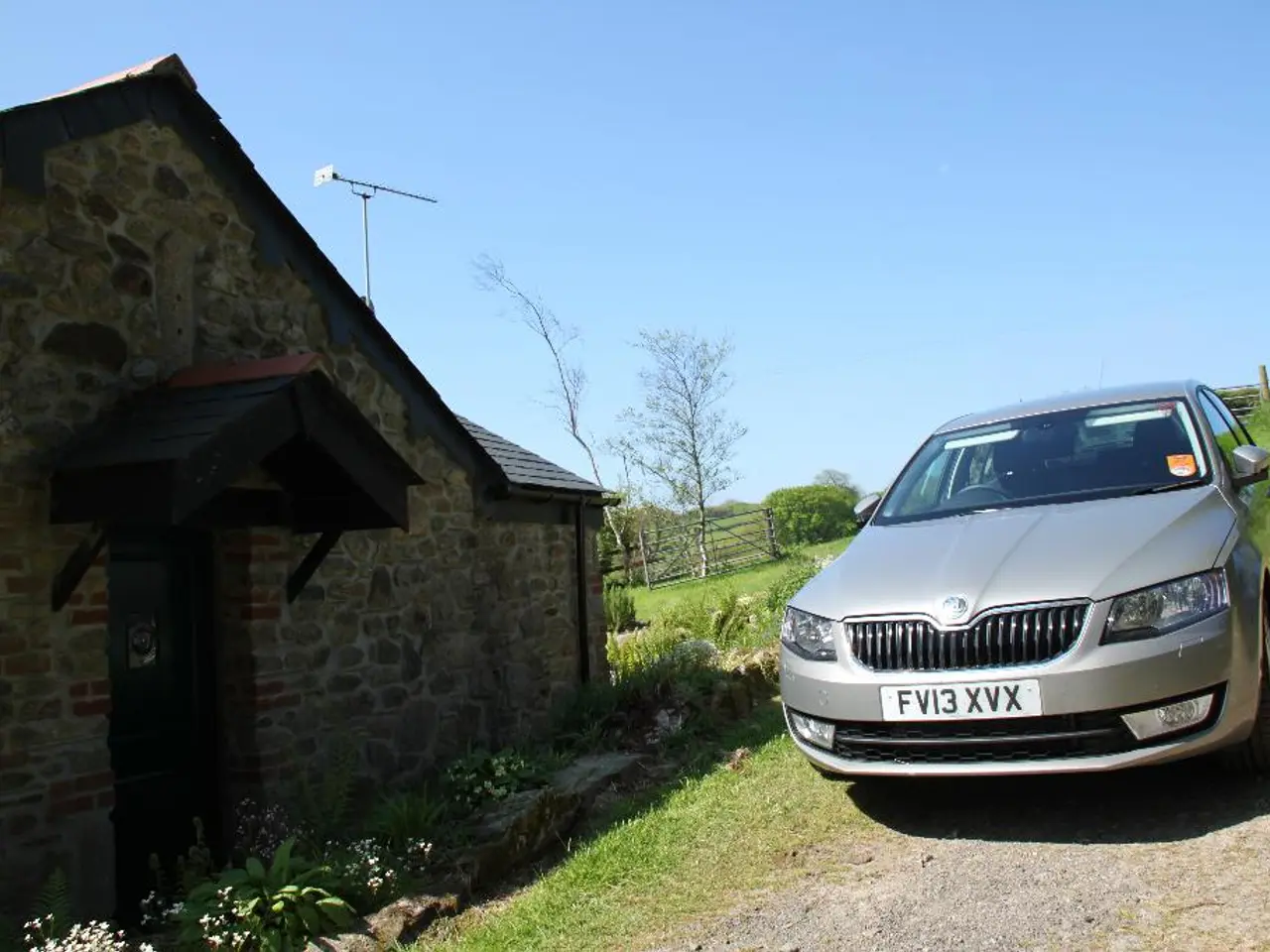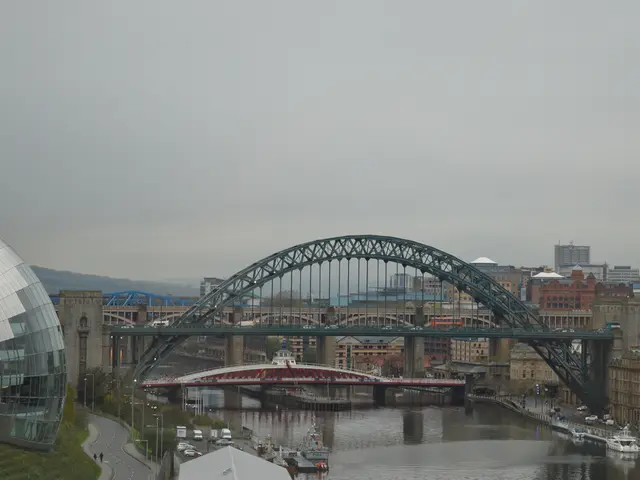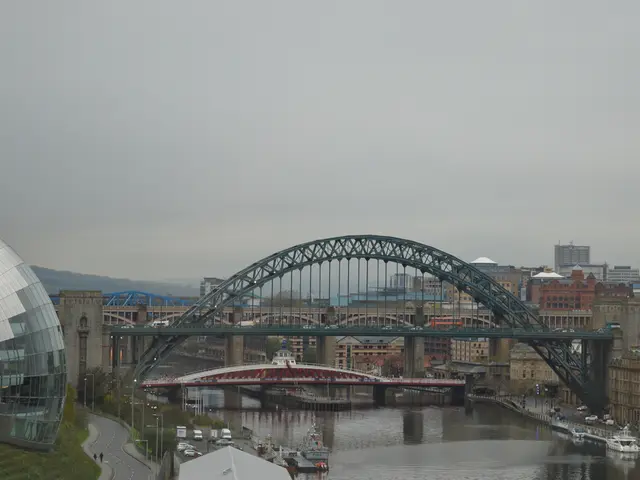Citizen Thekla Walker, Minister, advises: "Let's focus on our own homes first"
Thekla Walker, Environment Minister of Baden-Württemberg and a directly elected member of the state parliament for the constituency of Böblingen since May 2016, has voiced her support for using gas power plants as a bridging technology during the energy transition. She advocates for their conversion to hydrogen to enable a climate-neutral energy system in the state.
Walker believes that in the energy transition, driven largely by renewable electricity generation, the demand for flexible power generation sources will significantly increase to balance the intermittency of renewables. Gas power plants currently serve this function. Furthermore, the existing gas networks can be partly converted to transport hydrogen, which aligns with decarbonization goals by replacing natural gas with climate-neutral hydrogen produced via Power-to-X technologies.
This approach fits into a broader strategy that includes expanding electricity grids, increasing storage capacities, and boosting energy efficiency, all essential to accommodate rising electricity consumption and renewable integration in the state. Walker's stance highlights a pragmatic transformation path where gas plants transition gradually from fossil fuels to hydrogen, supporting a decentralized, climate-neutral energy system in Baden-Württemberg.
The coalition between Union and SPD in Berlin has committed to the electricity zone, and the commitment to the climate target and the continuation of the energy transition is initially positive, according to Walker. However, she expresses concern over the review of the reference yield model for wind power, as it may cause uncertainty for investors.
The time between approval and commissioning of wind power plants is currently 28 months due to bottlenecks in the industry and a lack of skilled labor. To address this, Walker expects a commitment for stable and reliable federal funding programs for heat networks.
In addition, the Climate Pact between the state government and municipalities includes a funding volume of around 36 million euros for 2025 and around 46 million euros for 2026. Baden-Württemberg aims to be climate-neutral five years ahead of the federal government and ten years ahead of the EU.
Regarding the question of nuclear energy, Walker has stated that it cannot be that we rebuild ruins with a state-funded company. She also supports the use of certified projects in non-European partner countries for credible CO2 reduction, but emphasizes the importance of addressing local issues first.
Walker is a woman of clear words and goals, committed to environmental and nature conservation, the ecological modernization of the economy, and fair education. She is working on stepping up climate protection measures in Baden-Württemberg, despite no agreement within the coalition.
Robert Habeck has developed a concept for an industrial electricity price, which is now to come. The coalition also supports building gas power plants, but plans for these to be converted to hydrogen at a certain point in time. A reduction in grid fees and a lower electricity price is mentioned in the agreement, as well as the same applying to network expansion.
Read also:
- Deepwater Horizon Oil Spill: BP Faces Record-Breaking Settlement - Dubbed 'Largest Environmental Fine Ever Imposed'
- British pension trust seeks minister's support for review of fiduciary obligations
- Weekly activities in the German federal parliament
- Private power generators in Iraq: A lifeline or an environmental strain?








